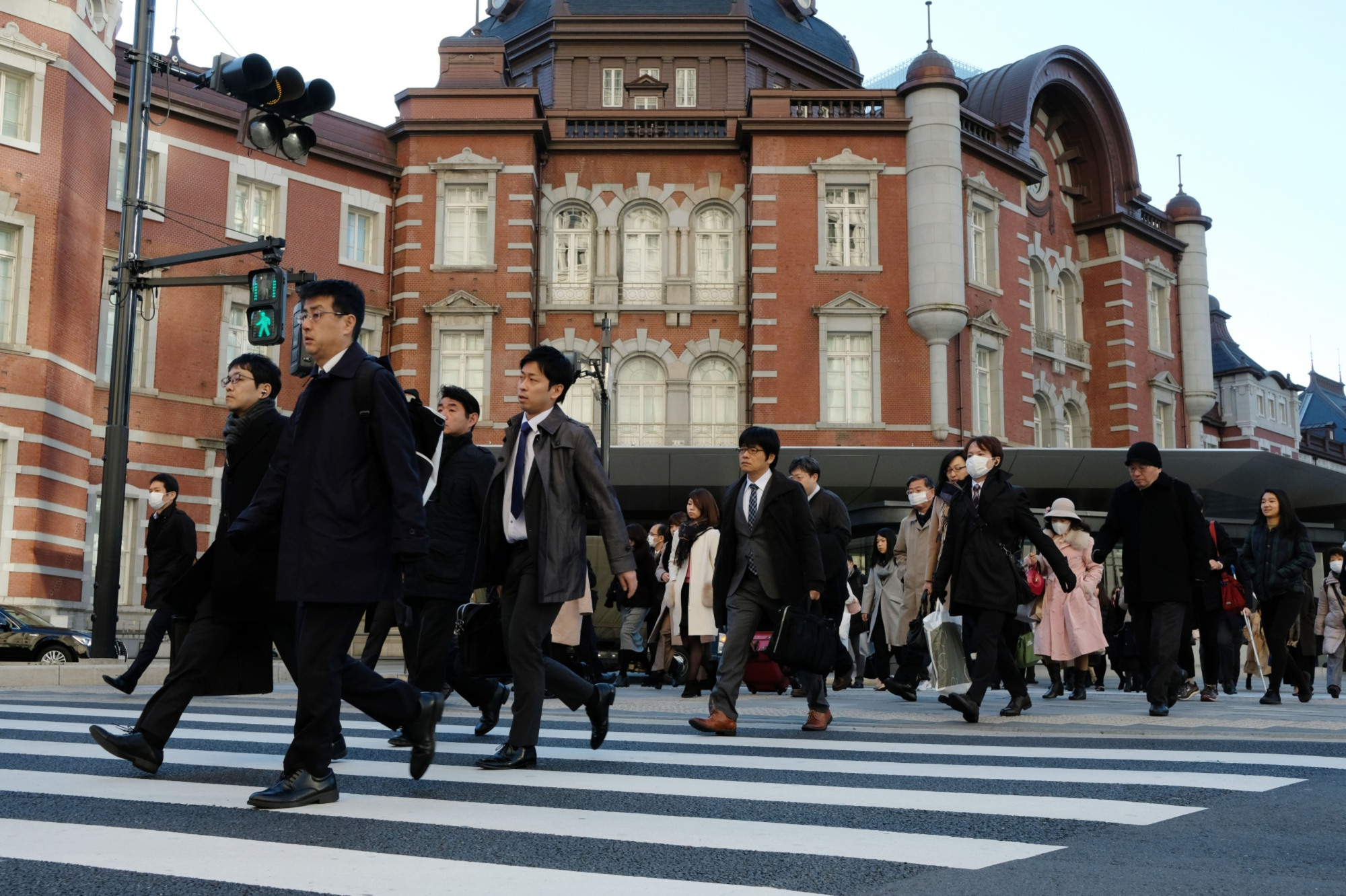Reviewing prevalent Japanese-style employment practices such as the seniority-based wage system and lifetime (or at least long-term) employment — as proposed by the Keidanren business lobby for this year's wage negotiations — is indeed a pressing challenge as Japanese firms seek to survive global competition in a rapidly changing business environment. But that is one thing, and to bump up pay — whose sluggish growth continues to restrain consumer spending — is another.
Many Japanese businesses that compete globally need highly qualified workers with expertise in such advanced technology fields as artificial intelligence — and they face tightening competition with overseas rivals in either recruiting or retaining such talent in the globalizing market. They will face clear disadvantages in this competition if they remain bound by the lifetime employment system, in which employees are hired en masse upon graduation from school, receive on-the-job training and get seniority-based wages and promotions under the assumption they will stay with the employer until retirement.
The big businesses think that the collective-style annual wage talks — in which negotiations at big companies in each industry proceed under the herd mentality and results at top firms set the sector-wide trend — do not benefit their changing manpower needs, either. In its policy toward this year's negotiations with labor unions, Keidanren (the Japan Business Federation) is calling for a shift from uniform raises for all employees to distribution of wage hikes proportionate to their tasks and performance. Several major high-tech companies have already begun reviewing their remuneration system to offer higher pay for qualified workers in research and engineering jobs irrespective of their age and career at the firm.



















With your current subscription plan you can comment on stories. However, before writing your first comment, please create a display name in the Profile section of your subscriber account page.